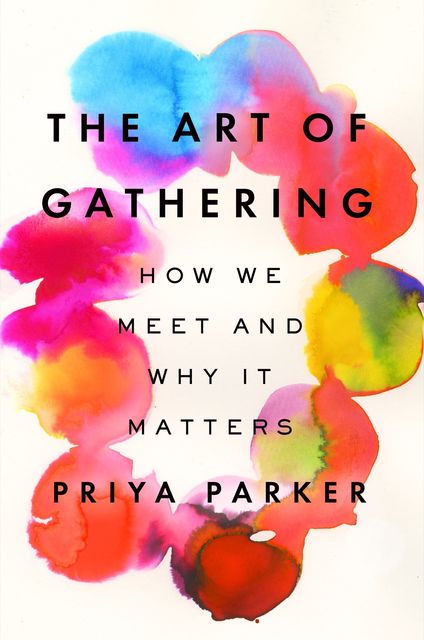
en
Čitajte pomoću naših aplikacija:
iOS
·Android
The Art of Gathering
- O knjizi
- Citati6
- Čitatelja9
- Na policama za knjige
Ova knjiga je trenutno nedostupna
338 tiskanih stranica
Citati
- forgetenotje citiralaprije 3 godineThere was a destination birthday party in New Orleans, whose invitation came with its own rather charming set of rules: “Limit your time in bed,” “Don’t stray from the herd, be a strong follower,” “Take tremendous photos but post nothing,” “Commit to a conversation with a local,” “Make up more rules as we go,” and “Don’t miss the flight home.”
- forgetenotje citiralaprije 3 godineBarack Obama’s aunt once told him, “If everyone is family, no one is family.” It is blood that makes a tribe, a border that makes a nation. The same is true of gatherings. So here is a corollary to his aunt’s saying: If everyone is invited, no one is invited—in the sense of being truly held by the group. By closing the door, you create the room.
- forgetenotje citiralaprije 3 godineBefore you gather, ask yourself: Why is this gathering different from all my other gatherings? Why is it different from other people’s gatherings of the same general type? What is this that other gatherings aren’t?
A good gathering purpose should also be disputable. If you say the purpose of your wedding is to celebrate love, you may bring a smile to people’s faces, but you aren’t really committing to anything, because who would dispute that purpose? Yes, a wedding should celebrate love. But an indisputable purpose like that doesn’t help you with the hard work of creating a meaningful gathering, because it won’t help you make decisions. When the inevitable tensions arise—guest list, venue, one night versus two—your purpose won’t be there to guide you. A disputable purpose, on the other hand, begins to be a decision filter. If you commit to a purpose of your wedding as a ceremonial repayment of your parents for all they have done for you as you set off to build your own family, that is disputable, and it will immediately help you make choices. That one remaining seat will go to your parents’ long-lost friend, not your estranged college buddy. If, on the other hand, you commit to the equally valid purpose of a wedding as a melding of a new couple with the tribe of people with whom they feel the most open, that, too, is disputable, and it implies clear and different answers. The parents’ friend may have to stand down for the college buddy.
fb2epub
Povucite i ispustite datoteke
(ne više od 5 odjednom)

